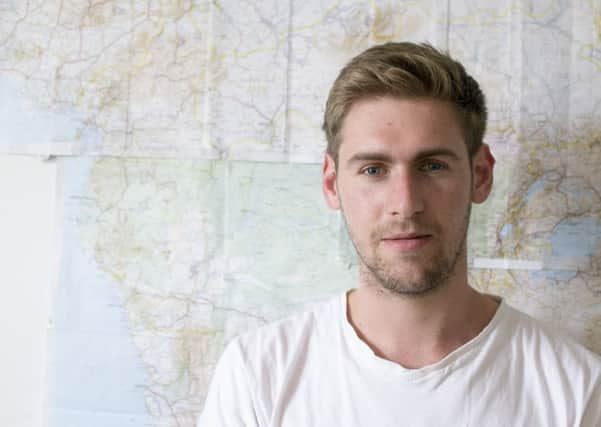Yorkshire consumers have a conscience when it comes to socially irresponsible businesses


The survey results were released today ahead of the UK’s first Social Saturday this weekend, which aims to raise awareness and boost the numbers of consumers buying from social enterprises.
The poll, by Social Enterprise UK and the Cabinet Office, showed that people value businesses with a strong ethical and community focus.
Advertisement
Hide AdAdvertisement
Hide AdIn Yorkshire and the Humber, 56 per cent said they thought business should be legally obliged to report on the positive or negative impact they have on the communities they operate.
Although the number of social enterprises in the region is not known, the Government estimates there are now 180,000 in the UK, including well-known brands like Jamie Oliver’s Fifteen restaurants and Divine Chocolate. All reinvest profits into a social cause, from employing and training people furthest from the job market, to profits going to support charities.
Sheffield-based social enterprise WaterMade began by selling jewellery made in Ugandan slums to raise money for both the women who make them and water projects in Africa.
It has recently launched a Big Lottery funded up-cycling furniture project in a Sheffield homeless hostel, which it hopes will turn the residents into social entrepreneurs in their own right.
Advertisement
Hide AdAdvertisement
Hide AdFounder and director Patrick Brown believes that consumers in Sheffield in particularly have a strong understanding of the need “to buy social”.
He said: “Society and the economy are becoming more closely entwined all the time. I think this is a real sign that social enterprise, and a socially led economy, is the only way forward for business.”
But he believes that high quality is important to ensure socially aware businesses can compete and force change in less ethically aware businesses.
Mr Brown added: “It’s up to us, from small social enterprises like WaterMade, to larger ones like John Lewis, to lead the way towards a social economy that would basically use the power and institutions of the businesses world to create a better standard of living for as many as possible.”